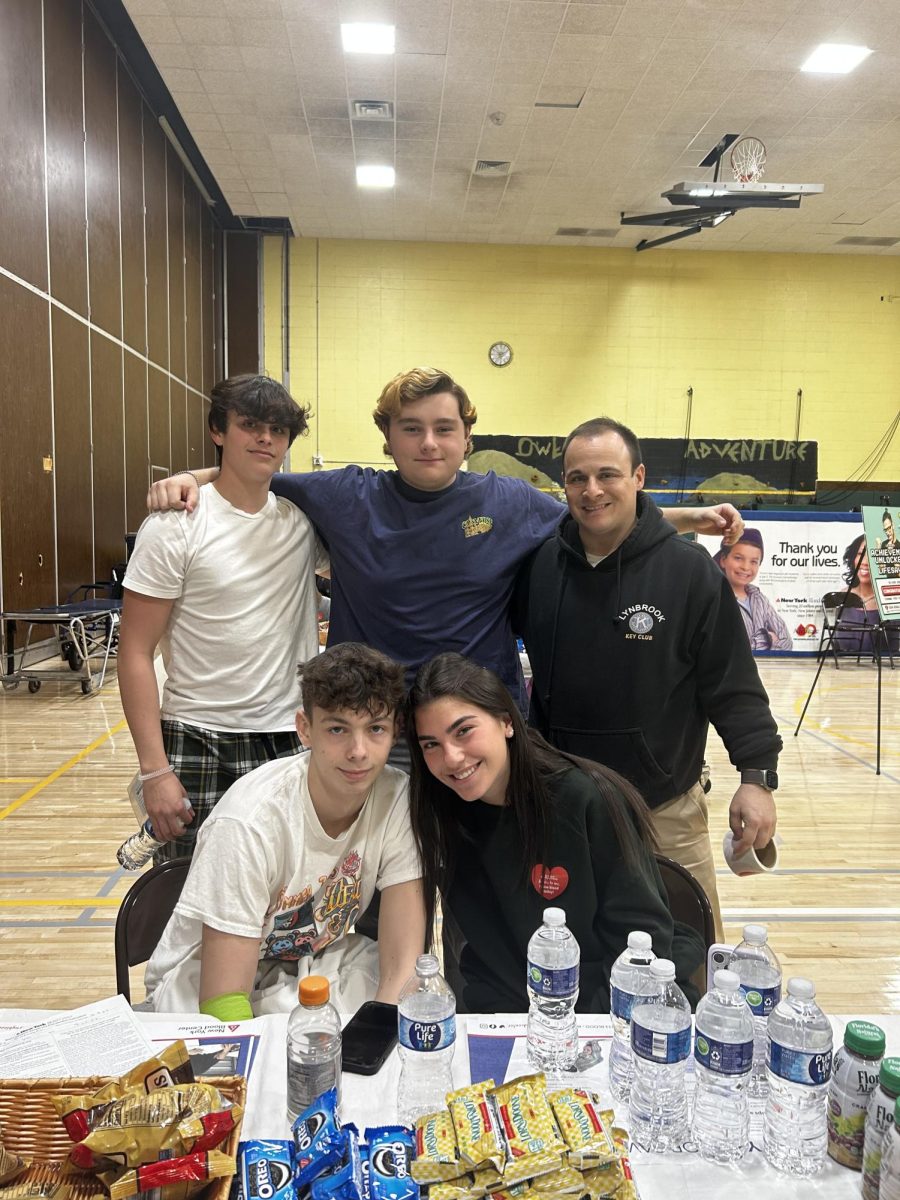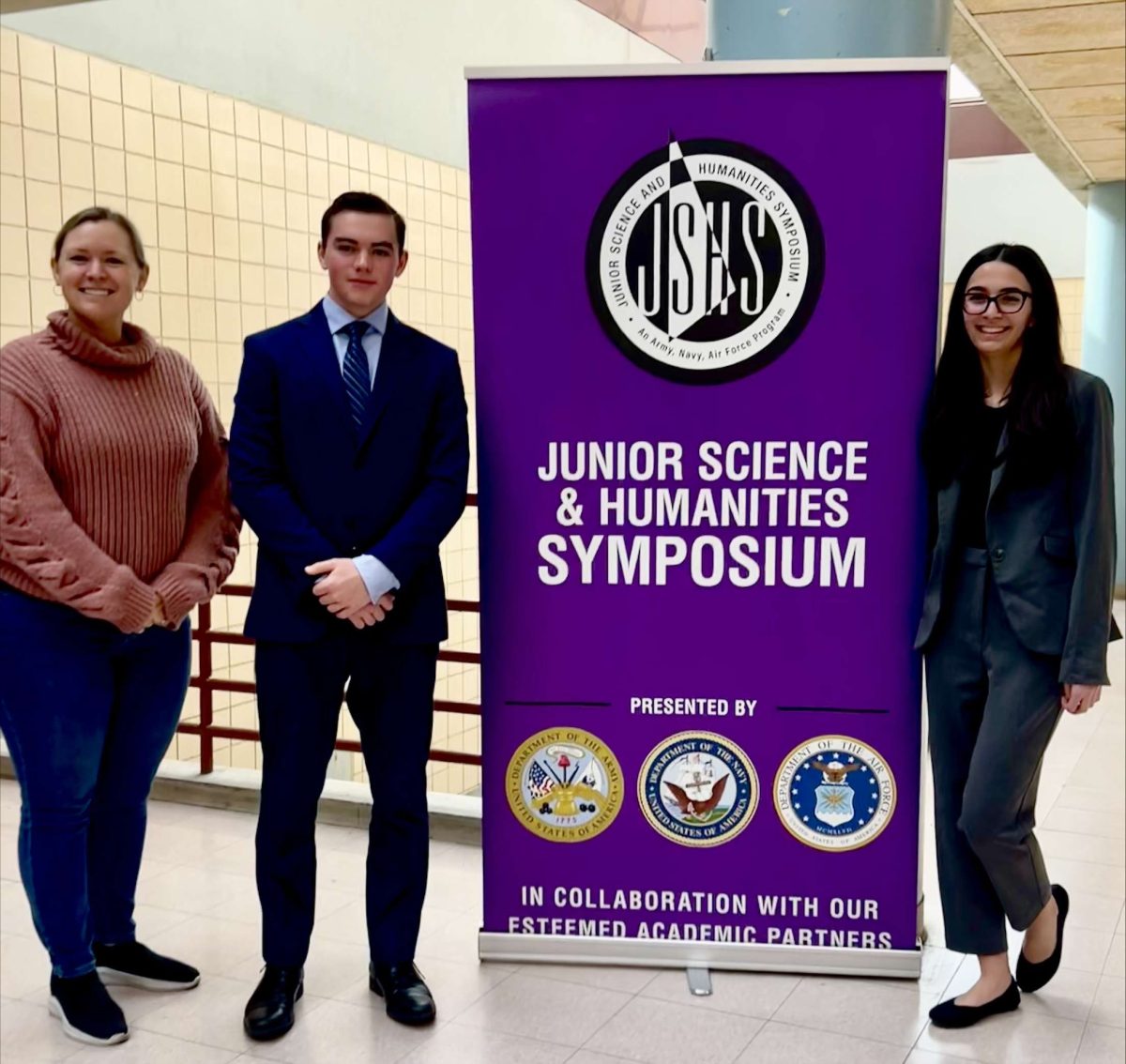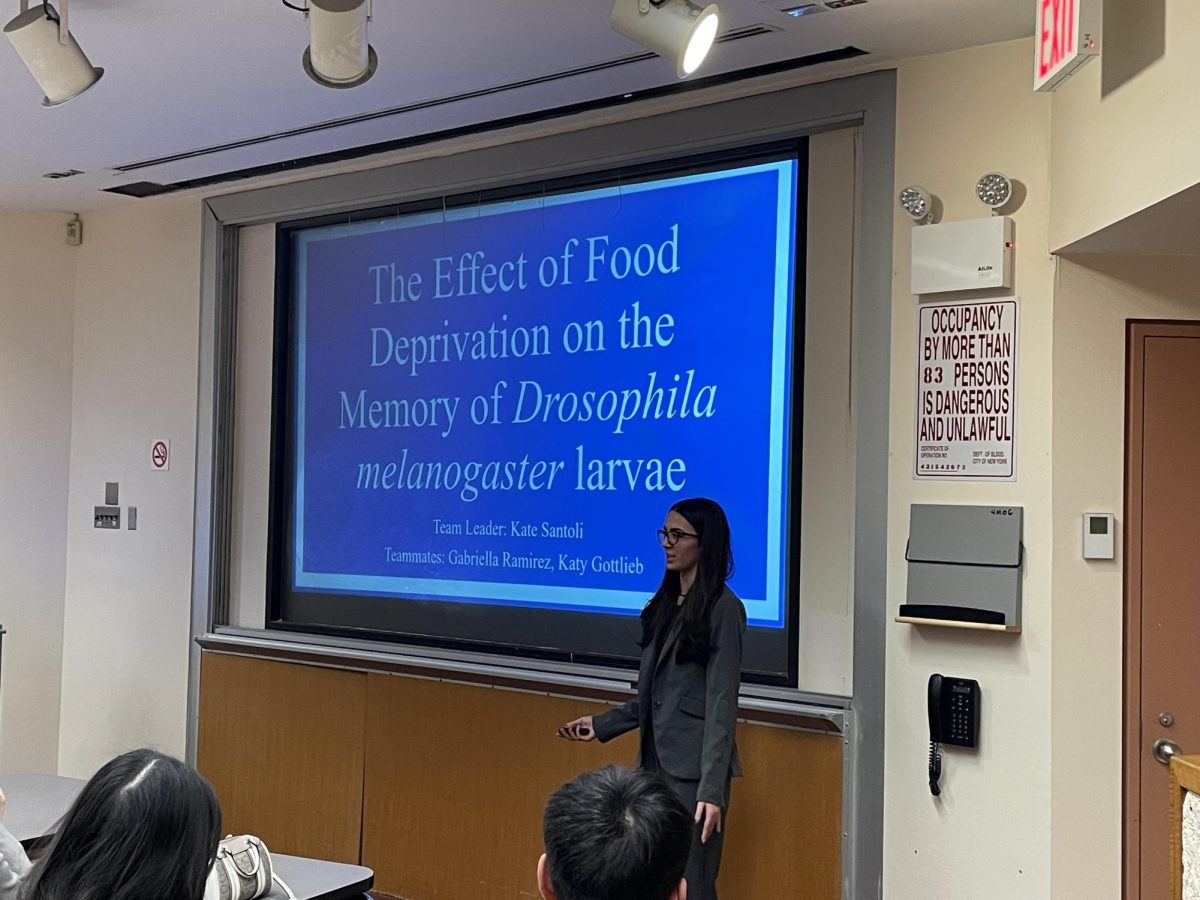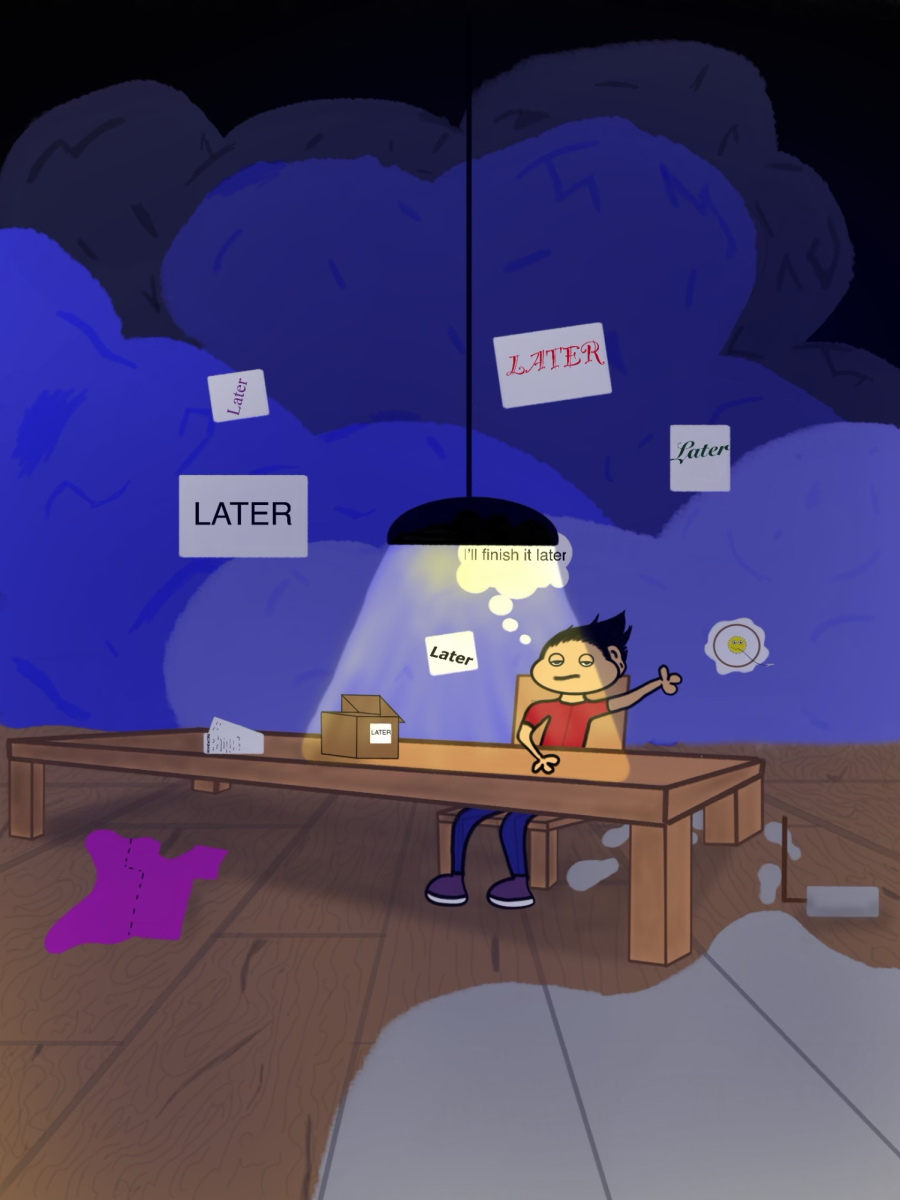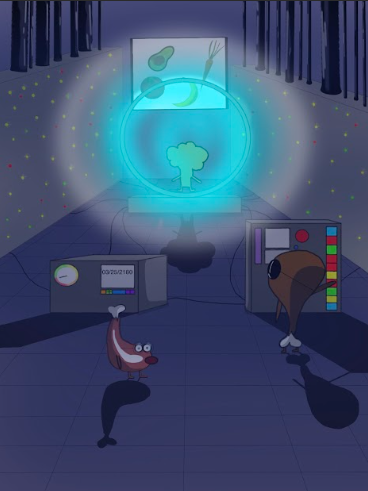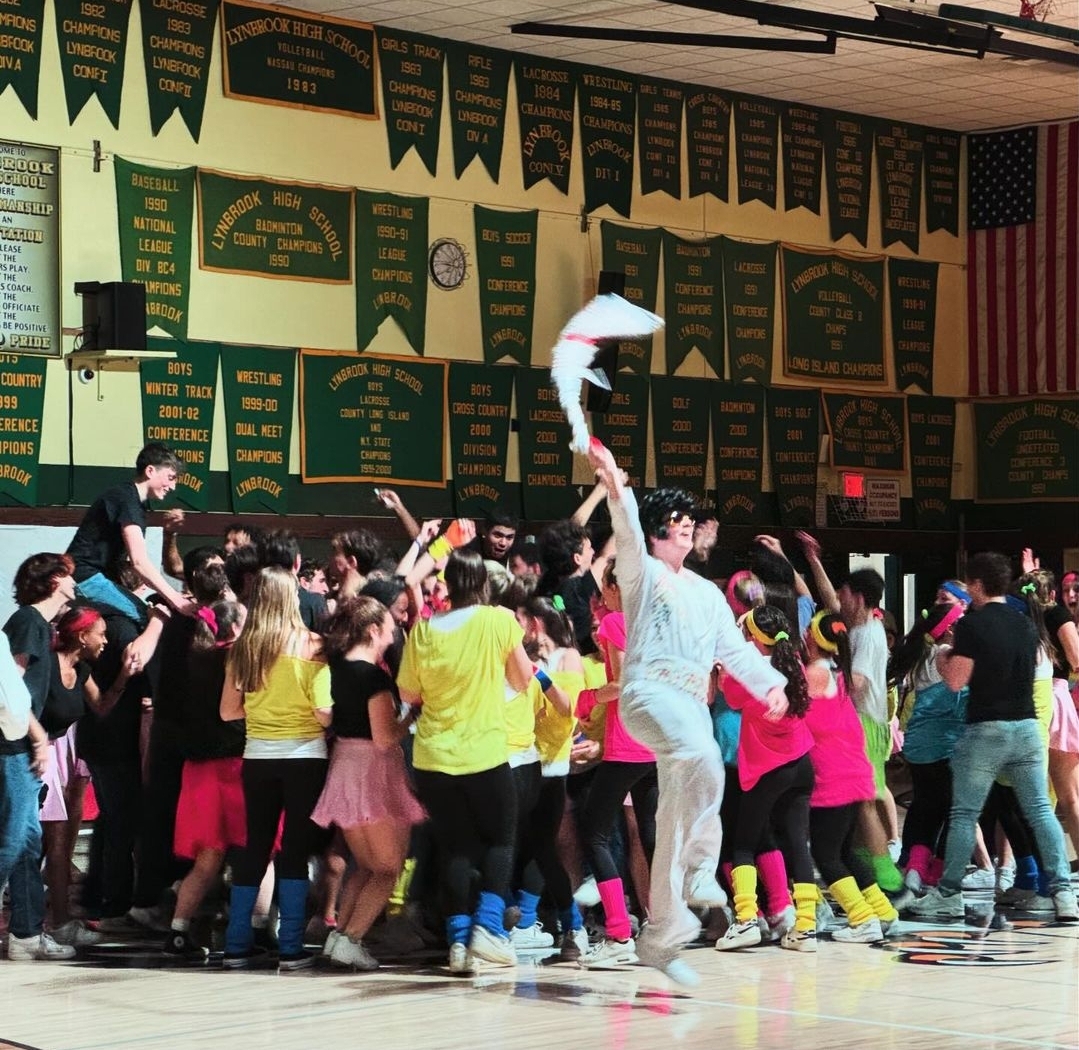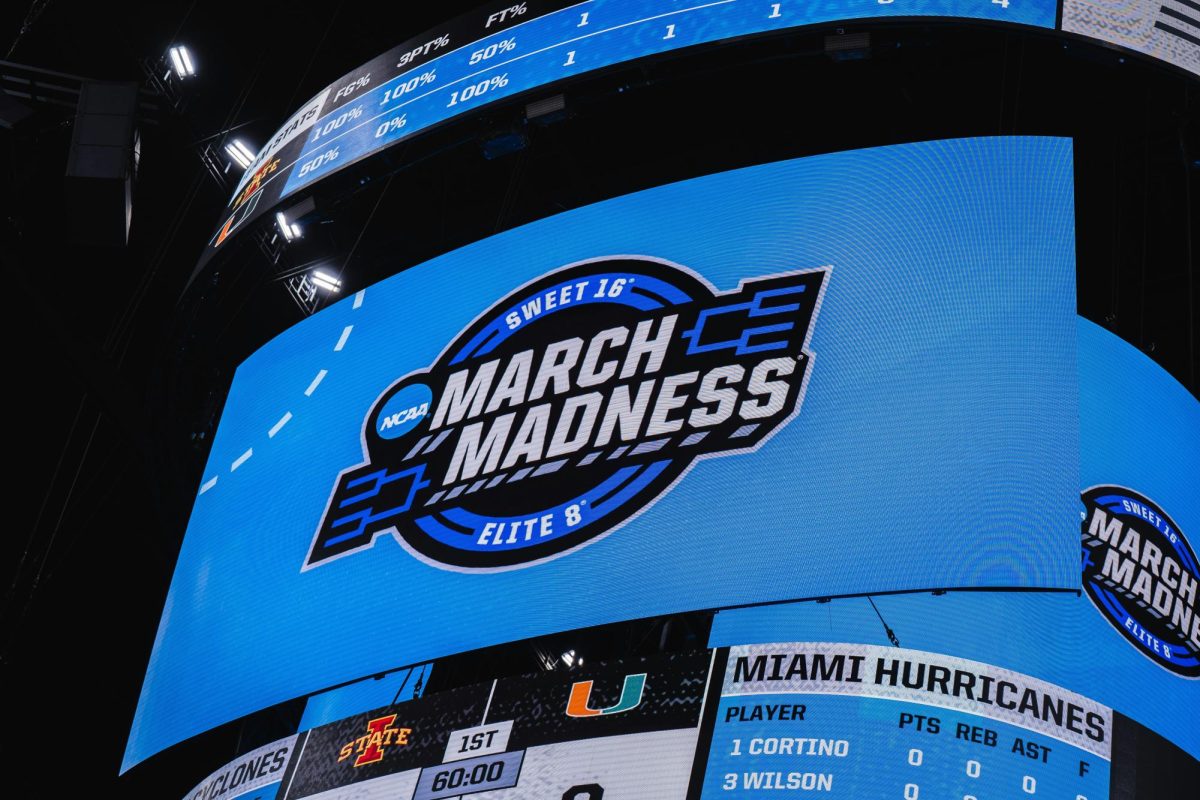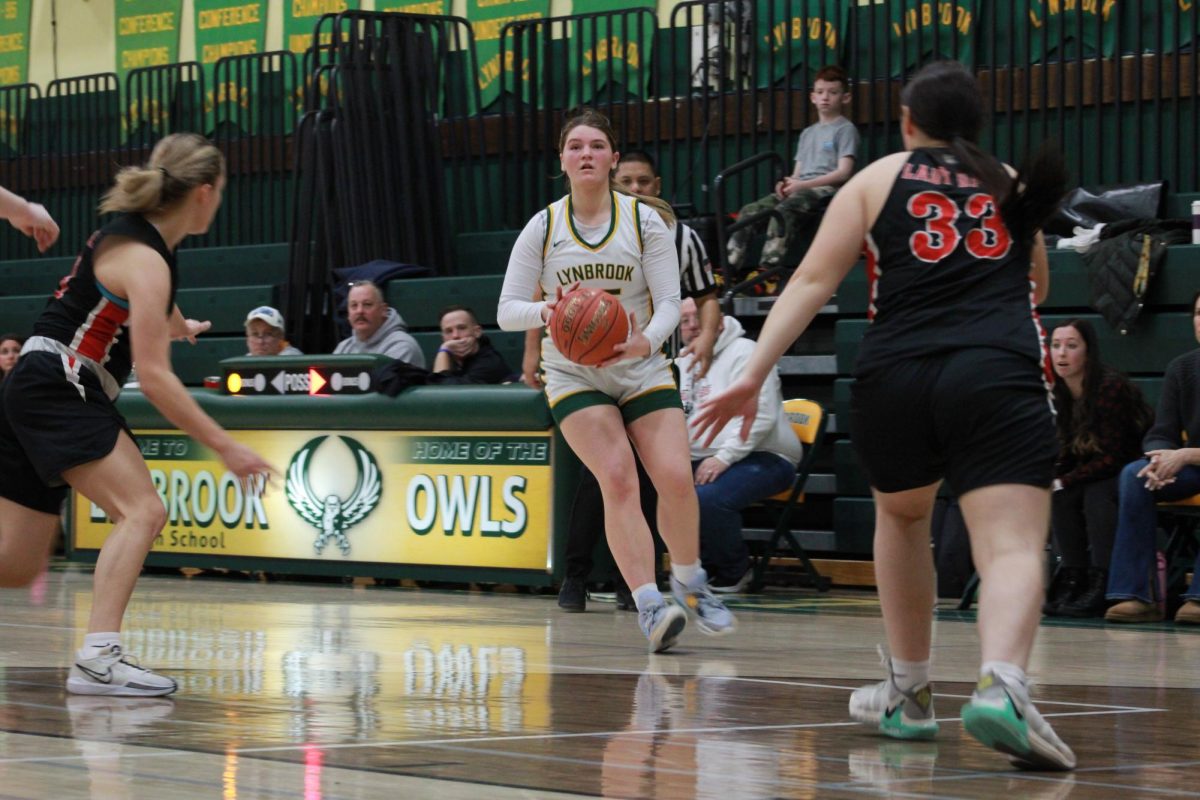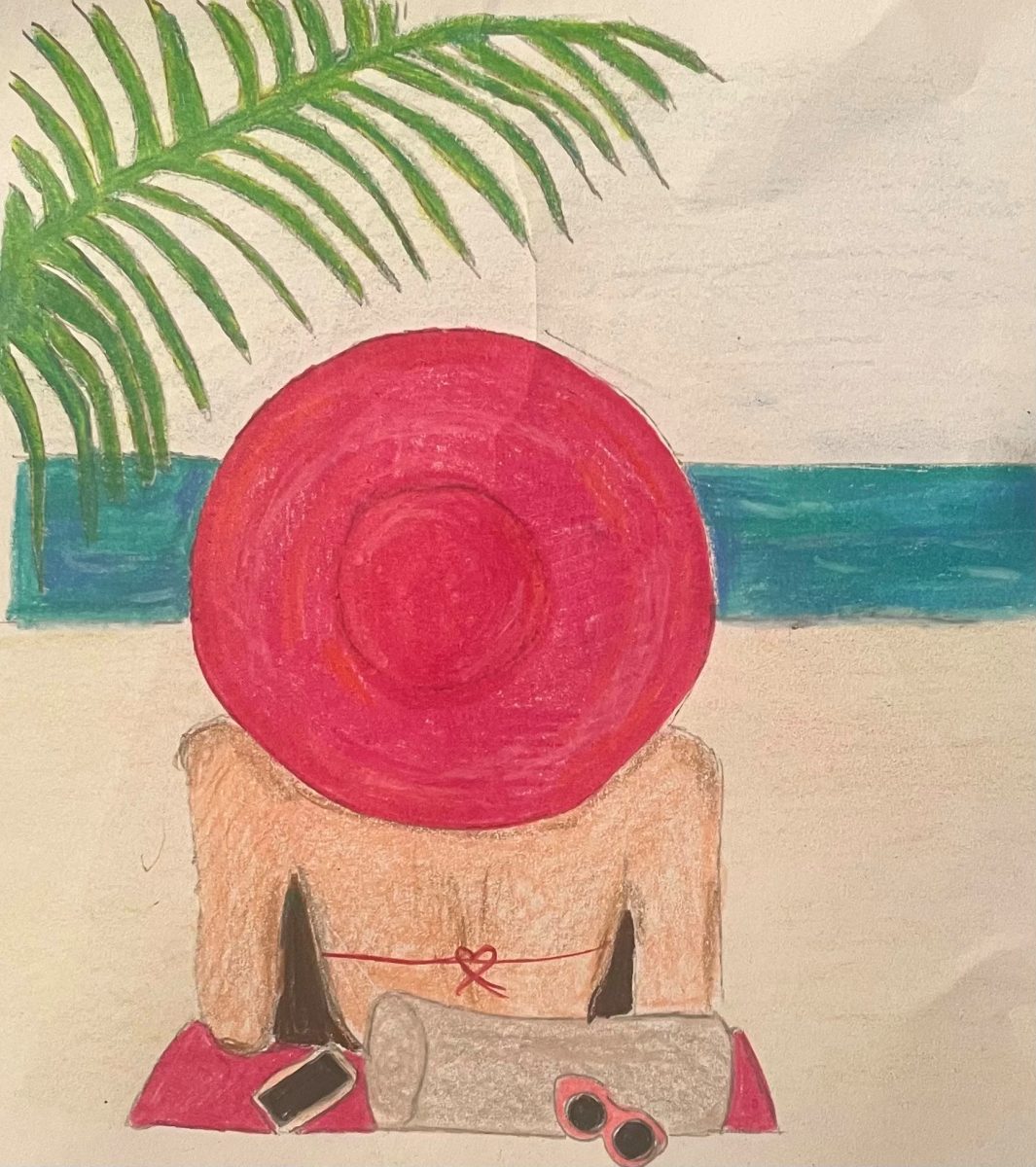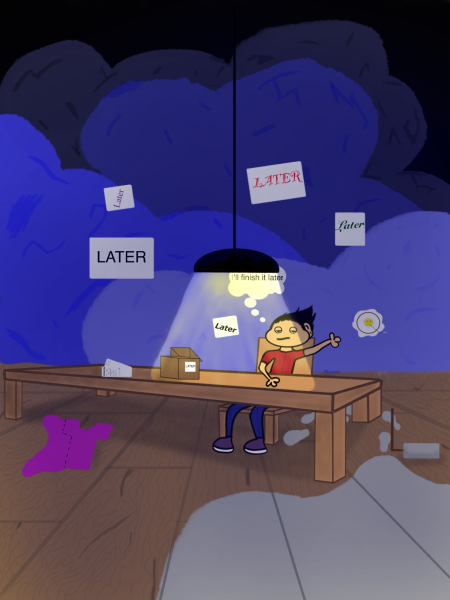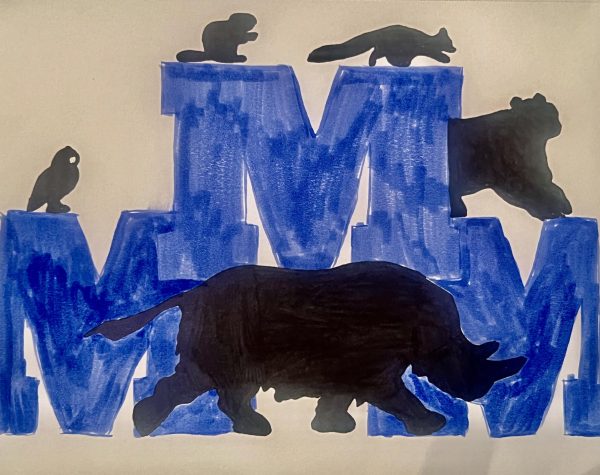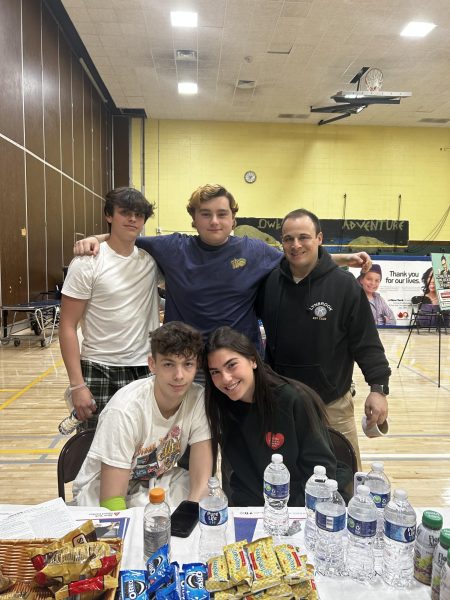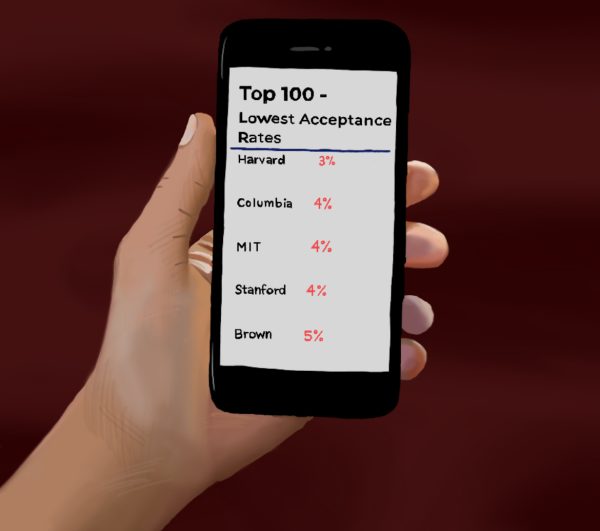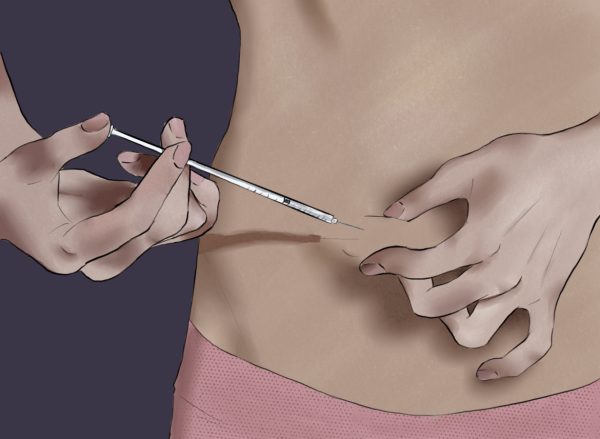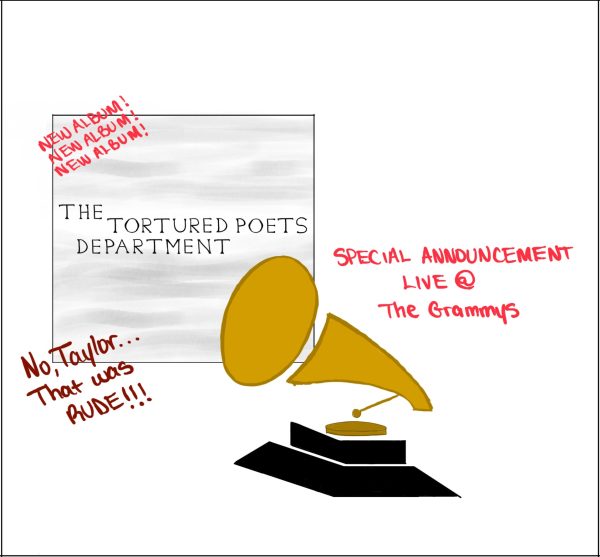Why Parents Need to Vaccinate Their Kids
Parents should vaccinate their children simply to keep them and other children safe and healthy. Vaccines have helped limit the outbreak of diseases such as measles, polio, tuberculosis, and whooping cough, but some such diseases are becoming more common today because of unsubstantiated parent concerns.
Vaccinations work by injecting a weak and/or dead pathogen into the recipient. The recipient then creates antibodies for the pathogen, so the next time he/she is exposed to the pathogen, he/she already contains the antibodies to fight it. Major vaccines have been around since the late 1940s, like the DTP vaccine, and new ones are still being developed and studied today. When parents do not vaccinate their children, those children are more likely to get sick when exposed to vaccine-preventable diseases since they do not have the antibodies to fight them.
According to the National Center for Biotechnology Information’s website (ncbi.nlm.nih.gov), “religious reasons, personal beliefs or philosophical reasons, safety concerns, and a desire for more information from healthcare providers” are some reasons parents are against vaccines. Anti-vaccine parents not only believe vaccines lead to the sicknesses they prevent, but that the vaccines also cause cancer and are linked to autism. These parents believe vaccines cause cancer for the same reason vaccines cause sickness. Since vaccines are injecting pathogens, parents feel this is making their children sick, when, in fact, it is building immunity. According to the Centers for Disease Control and Prevention’s website (www.cdc.gov), formaldehyde, a carcinogen, is often used in vaccines to help destroy viruses and bacterial toxins. According to the CDC, because the amount of this carcinogen is so small, it cannot harm the recipient or cause cancer.
Parents have often connected autism in a child to his/her recent vaccines. Many studies have proven this theory wrong. As stated on the Autism Speaks website (autismspeaks.org), “Analysis of 10 studies involving more than 1.2 million children reaffirms that vaccines don’t cause autism; [the] MMR shot may actually decrease risk.”
“[I chose to vaccinate] to protect my kids and to protect everyone else,” says Spanish Teacher Danielle Leighley. When parents do not vaccinate their children, they are more at risk of catching the sickness. Some children, however, cannot be vaccinated because of medical reasons and rely on other peoples’ vaccinations for not getting sick. “I definitely believe in vaccinating; however, I do also respect the beliefs of other people… of course, if there’s a medical reason that a child isn’t getting vaccinated, then I think that’s totally a good choice. You don’t want to give anything to a child that can get them sick…but, yes, I prefer if majority of the kids did get vaccinated,” says School Nurse Cathy Hetrick.
Almost all diseases are spread from person to person, so the safest way to not get sick is for one’s peers not to be sick. Even if an unvaccinated person never comes in direct contact with someone sick with a preventable illness, pathogens can spread through particles from sneezing and coughing. Since particles cannot be avoided, the only certain way to prevent disease is getting vaccinated.
All states have an immunization requirement for children attending school for which new vaccine requirements and the needed dosage is changed every year. In New York, there are exceptions made for students for medical and religious reasons. If the student is allergic to a vaccination, he/she is exempted and can attend school without the requirement. The only thing the student needs is a doctor’s note each year. A religious leader must write a letter for a student to be exempted for religious reasons. Since parents have other reasons for not vaccinating kids besides medical and religious reasons, they might lie to get their unvaccinated children into school. Parents’ decisions to do this not only causes many health risks for their children, but this also puts other unvaccinated children at risk for sickness.
Rubeola, or more commonly known as measles, is a vaccine-preventable, childhood virus that can be fatal. Measles outbreaks were most common in the decade before 1963 but became scarcer due to the development of the MMR vaccine, which treats measles, mumps, and rubella. The measles vaccine was first licensed in 1963 by John Enders and colleagues. According to Chicago Tribune’swebsite (www.chicagotribune.com), “Of children born in 2015, 1.3 percent had not received any of the recommended vaccinations, according to a CDC analysis of a national 2017 immunization survey. That compared with 0.9 percent in 2011 and with 0.3 percent of 19- to 35-month-olds who had not received any immunizations when surveyed in 2001.” Since many parents are choosing not to vaccinate their children, outbreaks of past diseases are becoming more common. According to CNN (cnn.com), “Since the [measles] outbreak emerged in September 2018, measles has been diagnosed in at least 112 people across Rockland and Orange counties and at least 55 in New York City, according to numbers provided by the New York state and city health departments…nationally, 2018 saw the second-highest number of measles diagnoses in more than two decades, with 273 cases.” The main cause of this outbreak is attributed to unvaccinated people traveling to foreign countries and bringing back diseases from places that do not have rigid vaccination requirements.
Despite many parents’ beliefs, vaccines protect and keep people healthier. Pediatrician and parent Andria Swerdin states, “Parents should vaccinate their kids because it protects them against serious, contagious, infectious diseases. Vaccines prove to be very, very effective in reducing the rate of [many diseases]. Vaccines are very successful [and there has been] a lot less illness.” Parents who do not vaccinate their children for reasons other than medical or religious purposes are selfish. When parents do not vaccinate, they are putting many children in danger, and they are risking many lives. Parents should vaccinate their children because it is an easy and effective way to keep many people healthy and safe.

I am a member of the Class of 2022. I have a brother, Jake, who is two years older than me. I enjoy playing sports such as soccer and lacrosse.

